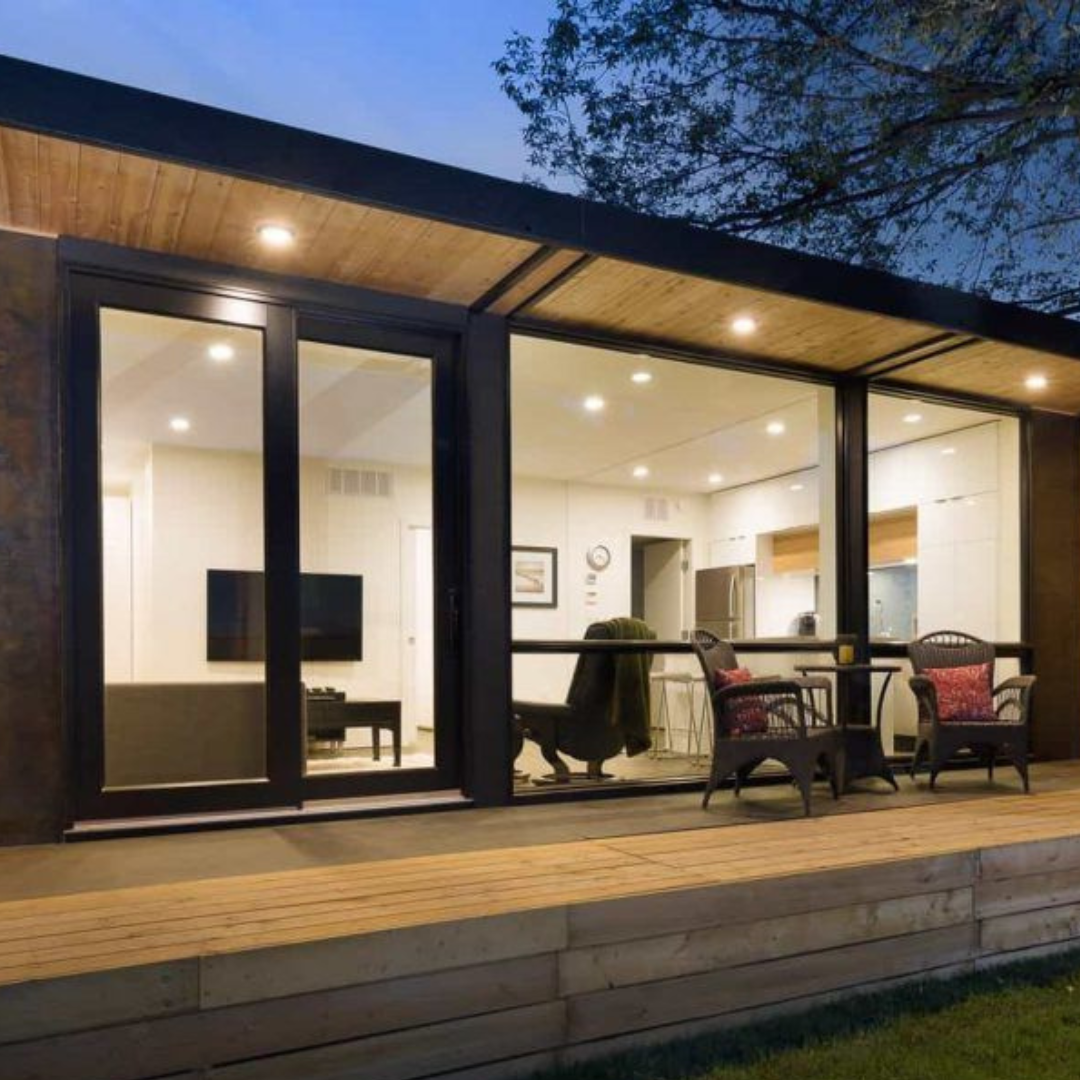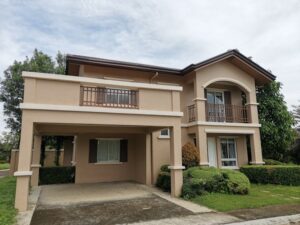As Vancouver embraces the future of living, integrating smart home technology into custom builds is becoming essential for homeowners. With a growing trend toward energy efficiency and enhanced convenience, smart devices are transforming how we interact with our homes. From automated lighting and climate control to advanced security systems, these technologies not only improve daily living but also increase property value.
The Rise of Smart Home Technology
Smart home technology encompasses a wide range of devices that can be controlled remotely or programmed to operate automatically. According to a recent report the global smart home market is expected to reach $174 billion by 2025, reflecting a growing trend toward automation and connectivity in residential spaces. This includes everything from smart thermostats that learn your preferences to automated lighting systems that adjust based on the time of day.
Enhancing Convenience
One of the primary benefits of smart home technology is the convenience it offers. Vancouver homeowners can control various aspects of their homes through a single app or voice command, simplifying daily routines. For example, a study by the Consumer Technology Association found that 70% of smart home device owners reported improved convenience in their daily lives. Imagine arriving home to a well-lit entryway, a comfortable temperature, and your favorite music playing—all set up with minimal effort.
Improving Energy Efficiency
Smart home devices play a crucial role in enhancing energy efficiency in residential home designs. Automated lighting systems can turn off lights in unoccupied rooms, while smart blinds can adjust to optimize natural light usage throughout the day. These features not only contribute to lower utility bills but also support sustainability efforts by reducing the home’s carbon footprint.
Boosting Home Security
Security is another critical aspect where smart technology shines. With smart locks, homeowners can grant access remotely, monitor who enters their home, and receive alerts for unusual activity. Video doorbells allow for real-time viewing of visitors, ensuring peace of mind whether you’re at home or away. These advanced security features add layers of protection and convenience that traditional systems simply cannot match.
Increasing Home Value
Integrating smart home technology into custom builds can significantly increase property value. Homes equipped with modern smart features are often more attractive to potential buyers, who appreciate the added convenience and efficiency. According to a report from the National Association of Realtors, 51% of buyers are willing to pay more for a home with smart technology installed. Moreover, as energy efficiency becomes a priority for many homebuyers, having a smart home can set your property apart in a competitive market.
Best Practices for Integration
To effectively integrate smart home technology into custom builds, early planning is essential. Collaborating with experienced builders ensures that the necessary infrastructure is in place to support various devices and systems. Investing in robust wiring and reliable Wi-Fi connectivity will facilitate seamless integration and future upgrades.
Customization is Key: Tailoring smart features to fit your lifestyle is crucial. Discuss your preferences with your builder to identify which technologies will best enhance your daily living experience.
Vancouver Custom Home Builds
Embracing smart home technology in custom builds offers homeowners unparalleled convenience, energy efficiency, and enhanced security. As these technologies continue to evolve, they will play an increasingly vital role in shaping modern living spaces.
By integrating smart devices into your custom home design, you not only elevate your living experience but also invest in the future value of your property.
Contact CoreVal Homes today to explore how we can help you integrate cutting-edge smart technology into your custom build!
FAQs
1. What are some essential smart devices for a new home?
Essential smart devices include smart thermostats, lighting systems, security cameras, and voice assistants. These devices enhance convenience and energy efficiency while providing added security.
2. How do I ensure my smart home devices work together?
Choosing compatible devices that follow common standards (like Zigbee or Z-Wave) ensures seamless integration. Consulting with your builder about system compatibility during the planning phase is crucial for optimal performance.
3. Can I control my smart home remotely?
Yes! Most smart home devices can be controlled remotely via smartphone apps or voice commands through virtual assistants like Amazon Alexa or Google Assistant.
4. Are there privacy concerns with smart home technology?
Privacy concerns exist as data from smart devices may be collected and stored by manufacturers. It’s important to review privacy policies and adjust settings to protect personal information.
5. How much does it cost to integrate smart technology into a custom build?
Costs vary depending on the complexity and number of devices installed. While some basic systems may be affordable, advanced setups can require a more significant investment.
People Also Ask
1. Is it easy to upgrade existing homes with smart technology?
Yes! Many existing homes can be upgraded with smart technology through retrofitting. However, some installations may require professional assistance for optimal performance.
2. How does smart technology contribute to energy savings?
Smart devices optimize energy usage by learning habits and adjusting settings accordingly—like turning off lights when no one is in the room or adjusting heating based on occupancy patterns.
3. Can I customize my smart home setup?
Absolutely! Smart home setups are highly customizable based on individual preferences and lifestyle needs. Discussing options with your builder allows for tailored solutions that enhance your living experience.
4. What happens if my internet goes down?
Many smart devices have backup features or local controls that allow continued operation even without internet access. However, remote control capabilities may be limited during outages.
5. Are there any ongoing costs associated with maintaining a smart home?
While many devices have no ongoing fees beyond electricity usage, some services (like cloud storage for security footage) may require subscriptions. It’s essential to consider these potential costs when planning your setup.


